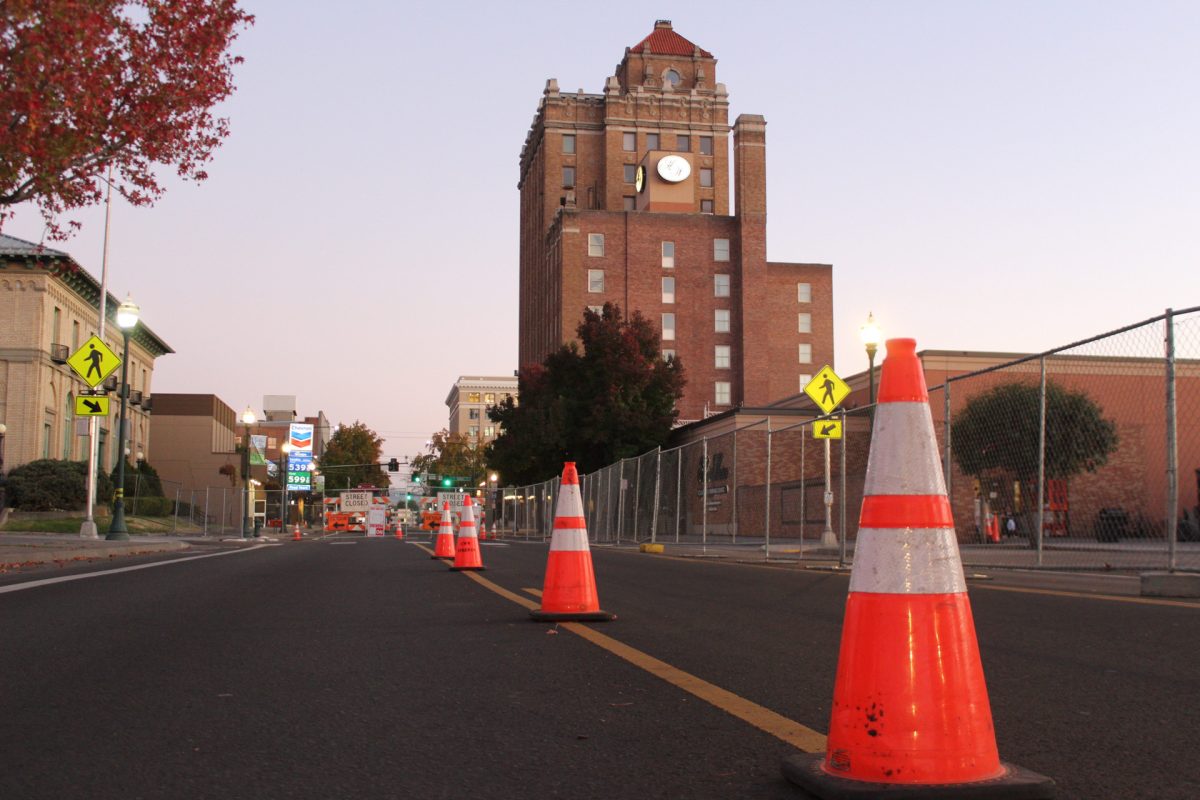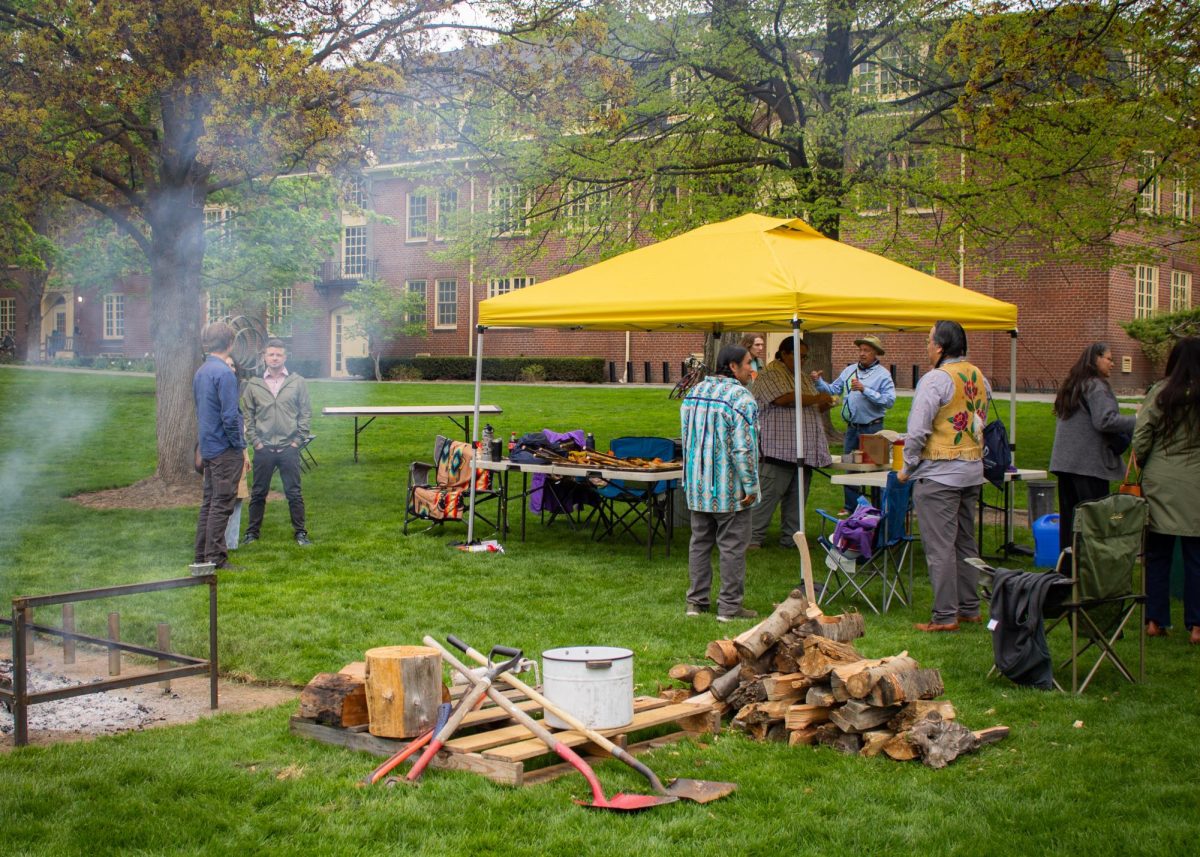The Power and Privilege Symposium held on Thursday, Feb. 20 was one of the most well-attended events at Whitman in recent memory. The majority of the Whitman community spent the day engaging in dialogue about issues of power, privilege and identity, as the faculty cancelled classes to ensure that all students had time to attend. While the symposium was extremely successful, activists hope to continue the dialogue it began in the weeks and months ahead.

This was the first year classes were cancelled for the Power and Privilege Symposium. High attendance and positive feedback from the student body make it extremely likely the Associated Students of Whitman College will approve funds for next year’s symposium. ASWC and anti-racism activists also hope to carry on the conversations started by the symposium, not limiting discussions to a single day.
“Faculty, students [and] staff really came out for [the symposium]. We had people from everywhere, so I think seeing those numbers is a really cool validation of the hard work that is done for organizing and planning it,” said junior and ASWC President Tim Reed. “I think there’s a widespread consensus [that] we want to be continually pushing and having these conversations, engaging with these things.”

To better organize future Power and Privilege Symposiums, ASWC plans to expand the number of paid positions responsible for the symposium from one to three. Sophomore and Special Initiatives Director Shireen Nori, who held the sole paid symposium position this year, expects there to be many more volunteers for next year’s symposium due to the popularity and exposure of this year’s event.
“After the symposium I was talking to different students, and a number of people have been saying they’re really interested in being on the planning committee [next year],” said Nori.
While exhausted from the intensive process of planning and running the symposium, ASWC and anti-racism activists have begun planning ways to continue the dialogue begun by the symposium. On Tuesday, Feb. 25, ASWC sought student feedback from the symposium at their Town Hall meeting with club leaders and other members of the Whitman community. A series of conversations on power, privilege, identity and diversity were also organized on Feb. 25, 26 and 27 by students on the ASWC Student Affairs Committee to make a strategic diversity plan.
“We wanted to have these workshops right after Power and Privilege, because we wanted to take that energy that was coming out of people being so excited after Power and Privilege and really springboard off of that so we could get the conversation going as soon as possible,” said sophomore Leda Zakarison.
Participants in the symposium faced hard choices about which events to attend, with 50 workshops, panels and lectures spread over four time slots. Some students suggested that workshops in future years be recorded to allow those who couldn’t attend the chance to see what they missed. Finding larger spaces for next year was also a concern, as some workshops only had standing room.
“You want to go so many [workshops], but you can only go to four, max. There’s no way around that, just because there are only so many hours in the day. You just have to cram in as much as you can,” said junior Dane Kawamoto.

While most of the Whitman community participated in at least part of the symposium, not all did. Some seniors who wanted to attend could not find the time, as they needed to apply for jobs and study for multiple exams scheduled for the Friday after the symposium.
“If I didn’t have so much work that week, I would have gone to at least one or two [activities],” said senior Kyle Bloomster. “If they wanted to have more students go, I think they could have informed professors to assign less [homework] or space [exams differently], because I had many tests that week that necessitated me to study.”
The symposium was entirely organized by student volunteers and ASWC, who coordinated panels proposed by different members of the Whitman community. Some faculty have raised concerns that the volunteers, who were disproportionately women and people of color, were not given enough appreciation or official recognition for their work.
“There should be much more of an institutional expression that these things really matter in a very substantively important way,” said Associate Professor of Sociology Helen Kim.
The faculty will not decide whether they should cancel classes again until next year. Until that time, however, ASWC, activists and faculty have been focusing their attention on ways to expand discussion beyond a single day and establish an ongoing awareness of issues of power and privilege on campus.
“The symposium is not the solution to the problems we face on this campus in regards to race, gender, sexual orientation, class and so on,” said Nori. “[ASWC is working] to dish out what the steps to do next and continue the conversation are.”





















